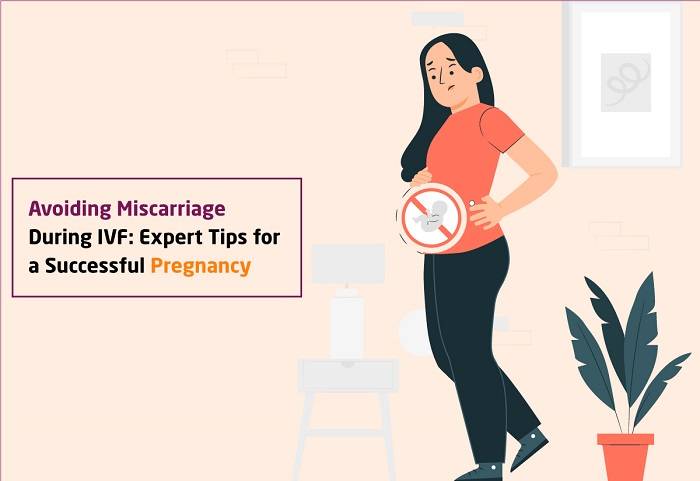Experiencing a miscarriage can be a devastating and emotionally challenging event for any couple. However, it’s important to remember that it is possible to conceive again and have a successful pregnancy. This article aims to provide valuable tips and guidance for couples who are trying to conceive after a miscarriage.
Understanding the Emotional Aspect:

- Acknowledge your feelings: It’s crucial to allow yourself to grieve and process the emotions associated with the miscarriage.
- Seek support: Talking to a therapist, joining a support group, or confiding in trusted friends and family members can help you navigate through this difficult time.
- Communicate with your partner: Open and honest communication is key to supporting each other through the emotional healing process.
Physical Healing and Recovery:
- Follow medical advice: Your healthcare provider will offer specific guidance on when it’s safe to start trying to conceive again based on your individual situation.
- Maintain a healthy lifestyle: Eating a balanced diet, engaging in regular exercise, and getting enough rest are essential for your overall well-being and fertility.
- Avoid harmful substances: Steer clear of alcohol, tobacco, and recreational drugs, as they can negatively impact fertility and the health of a developing fetus.
Tracking Ovulation and Fertility:
- Chart your menstrual cycle: Understanding your menstrual cycle can help you identify your most fertile days.
- Use ovulation prediction kits: These kits can provide valuable information about when you are likely to ovulate, increasing your chances of conception.
- Consider fertility monitoring apps: These can be useful tools for tracking your menstrual cycle, ovulation, and other important fertility indicators.
Nutrition and Supplements:
- Consume a balanced diet: Ensure your diet includes a variety of fruits, vegetables, whole grains, lean proteins, and healthy fats to support overall health and fertility.
- Incorporate fertility-boosting nutrients: Foods rich in folate, iron, omega-3 fatty acids, and antioxidants can contribute to reproductive health.
- Consider prenatal vitamins: These supplements can provide essential nutrients that support fertility and the early stages of pregnancy.
Stress Management Techniques:

- Practice relaxation techniques: Activities like yoga, meditation, deep breathing exercises, and mindfulness can help reduce stress levels.
- Engage in enjoyable activities: Pursuing hobbies and spending quality time with loved ones can provide a much-needed emotional boost.
- Seek professional help if needed: A therapist or counselor can offer strategies to manage stress and anxiety during this challenging time.
Timing Intercourse:
- Understand your fertile window: Knowing when you are most likely to ovulate can help you time intercourse for optimal chances of conception.
- Avoid excessive pressure: While regular intercourse is important, it’s crucial not to turn it into a chore. Maintain intimacy and emotional connection with your partner.
Patience and Persistence:
- Be patient with the process: Conceiving after a miscarriage may take time, and it’s important to be gentle with yourself and your partner.
- Stay positive: Maintaining a positive outlook and focusing on the future can help you navigate through any challenges that may arise.
Conceiving after a miscarriage can be an emotionally and physically demanding journey, but with the right support and strategies in place, it is absolutely possible. Remember to prioritize your emotional well-being, follow medical advice, and maintain a healthy lifestyle. With patience, persistence, and the support of your partner, you can look forward to a successful and healthy pregnancy in the future.

